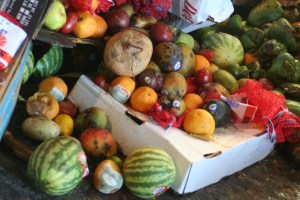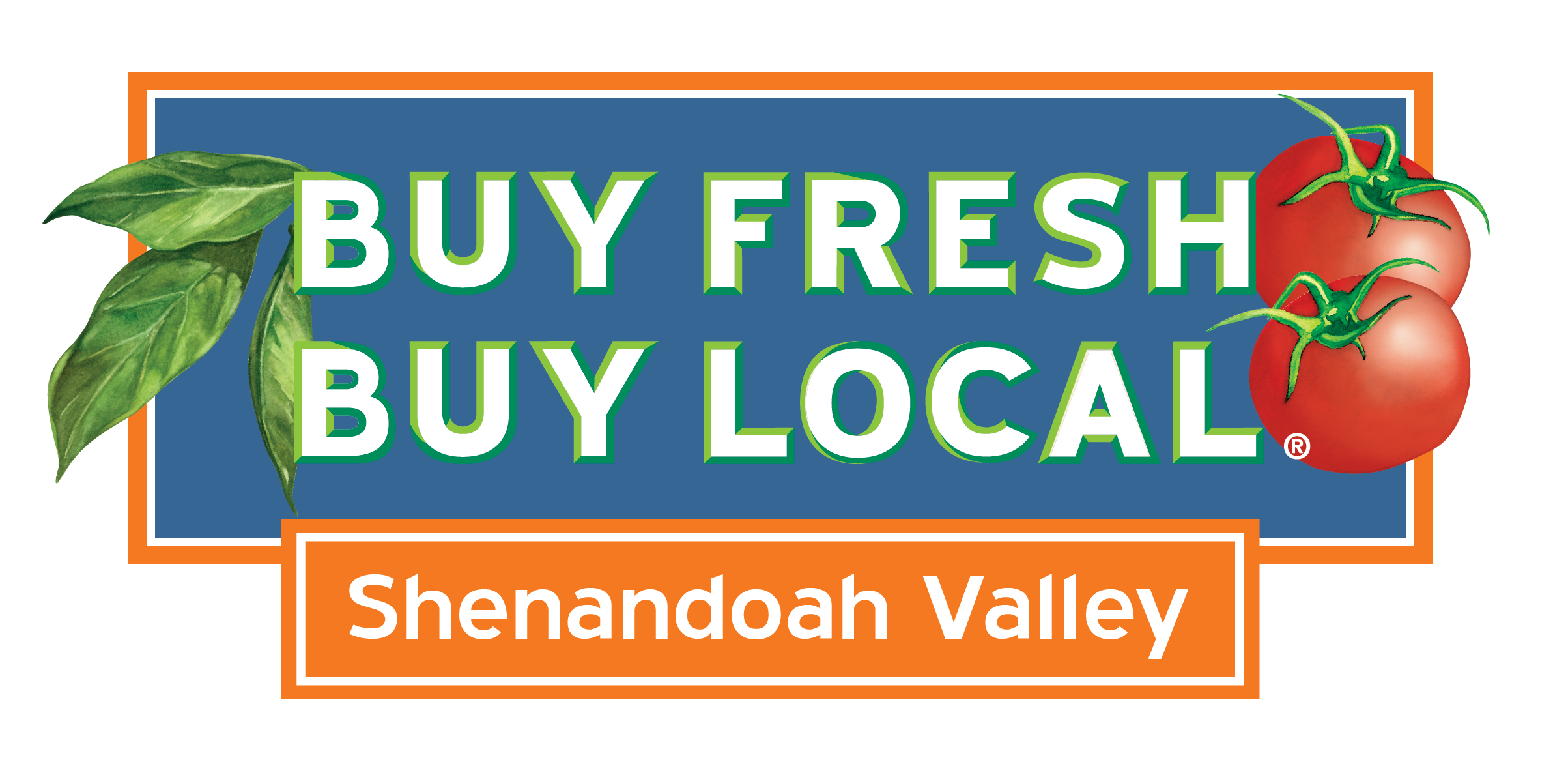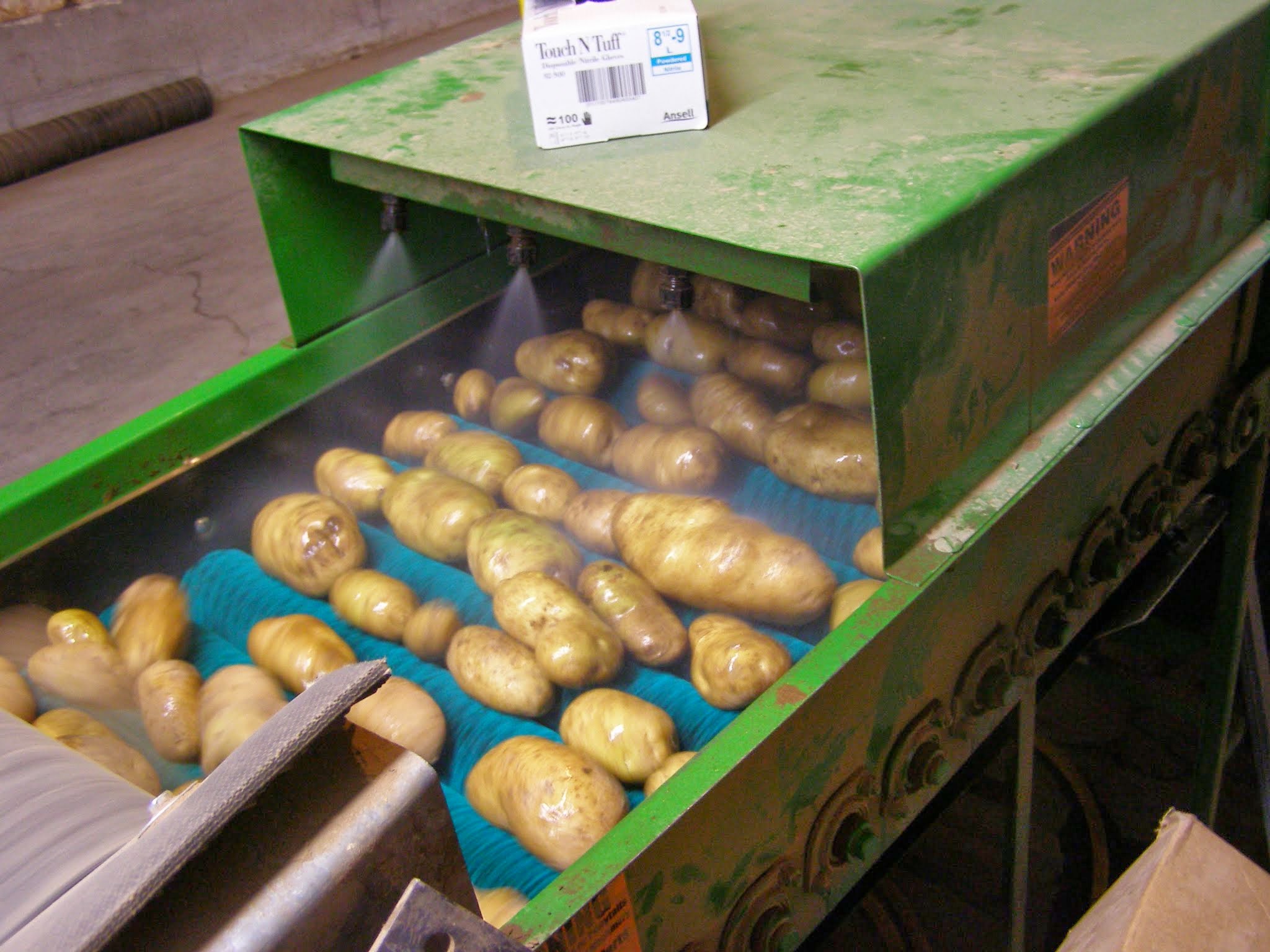
Waste Not, Want Not
According to the NRDC, 20% of all fruits and vegetables grown never even leave the farm
Shenandoah Valley Buy Fresh Buy Local exists to encourage you to become more aware of your local food system and how it impacts your community. Your local food system doesn’t end at the fork; it also includes what happens to the wasted food that never makes it to the table.
According to the Natural Resources Defense Council, approximately 40% of the food harvested each day in the United States is never eaten. This is an especially staggering amount considering 1 in 6 Americans struggle to get their necessary nutrition. In addition to wasting perfectly edible food, we are also wasting all of the resources that went into growing, processing, and delivering that food. What’s worse is the food that could have gone to feeding the hungry, instead goes to a landfill where it releases harmful greenhouse gases and takes a toll on our public works.
Food is wasted at each step of its journey through the supply chain. This is where you can help by buying locally! Local foods help to eliminate food waste, for one, because they are so fresh they last much longer once you bring them home. When produce is fresher it gives you more time to use it before it spoils compared to what produce you might buy at the super market. Also the fewer steps from farm to table mean fewer opportunities for food to be wasted. Buying directly from local producers cuts out the middle man and an additional step where waste can occur.
It is estimated that a quarter of the food Americans buy ends up being thrown away. For any food you purchase, locally or otherwise, there are plenty of ways to ensure you eliminate as much waste as possible and get the most out of your buck. These include planning meals and shopping trips, organizing food storage, and freezing or canning excess produce. All of these methods help you save money by only buying the food you will eat and quit wasting food you don’t.
While these methods minimize waste, we can’t always eat every scrap we buy. Composting is a great way to capture the value of food no longer safe to consume. Composting is collecting and saving food scraps or spoiled produce to create healthy soil. Saving food scraps is a great way to return those otherwise ‘lost’ nutrients to the soil rather than truly being wasted in a landfill. If you don’t have a garden to use your compost, check out your local composting program to see how you can give back to your local food system.
You can help your home by buying locally and consuming thoughtfully. Mindful consumers contribute to a healthy community, environment, and economy which all build off one another to create a thriving local food system.
Contributed by French Price



